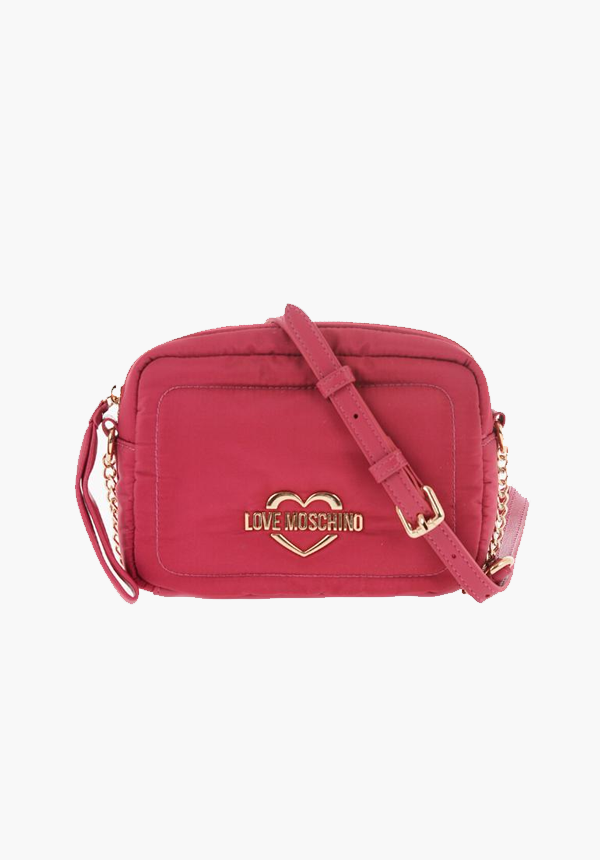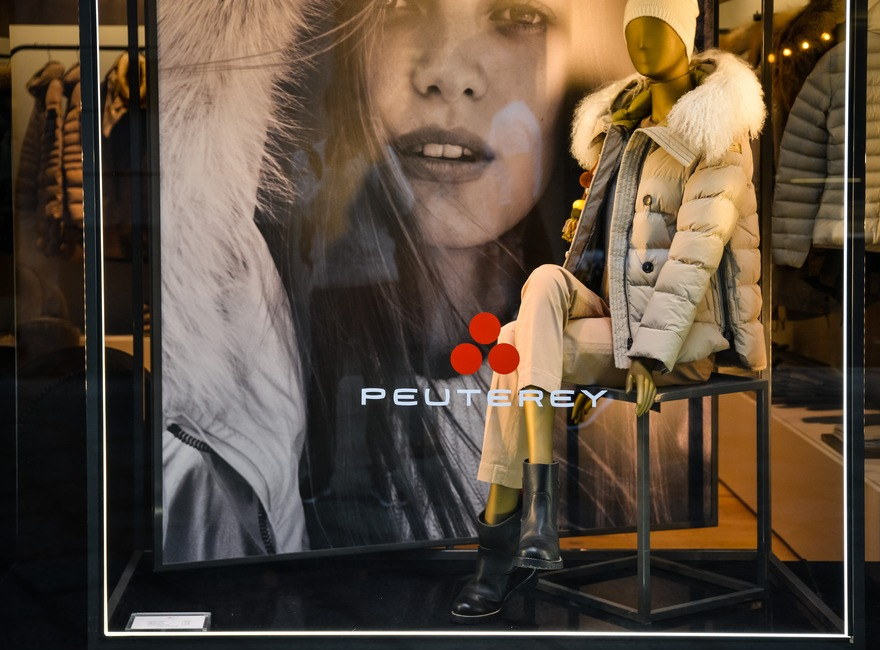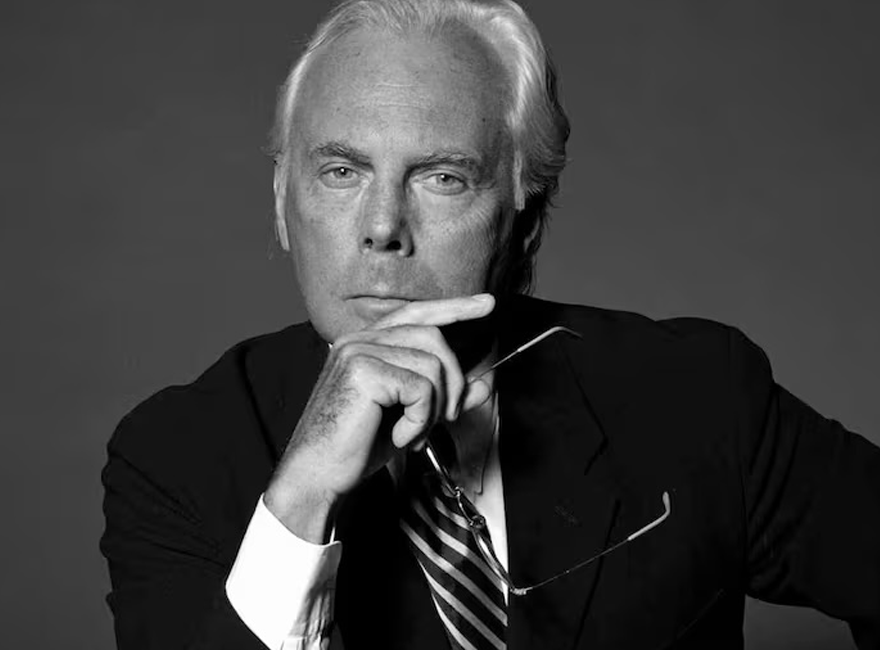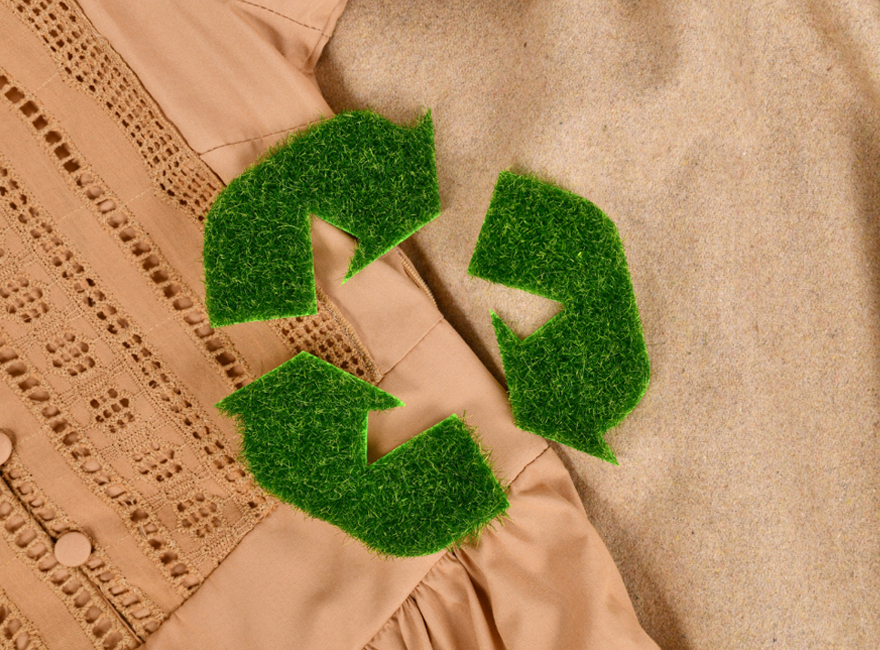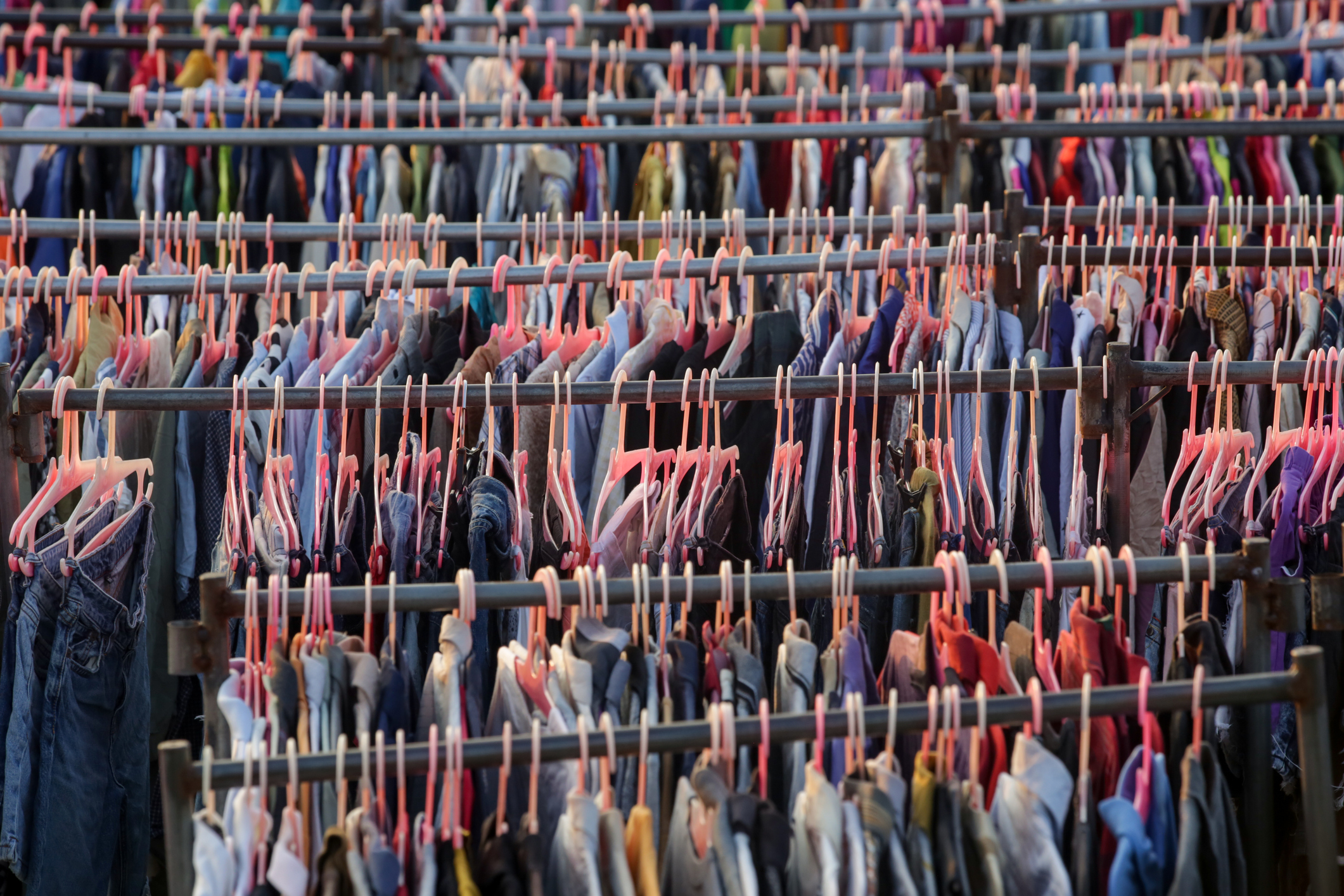
What is Wholesale?
Wholesale involves purchasing large quantities of goods from manufacturers or distributors at a discounted price and then reselling them to retailers or other businesses. Wholesalers buy in bulk and sell in smaller quantities to retailers, allowing these retailers to stock their shelves with a variety of products. This method is essential for retailers to obtain products at a lower cost, enabling them to sell at a competitive price while making a profit.Curated vs. Bulk Wholesale
Understanding the difference between curated and bulk wholesale is crucial for making informed purchasing decisions. Each method has its own advantages and disadvantages, making them suitable for different types of businesses and needs.Curated Wholesale
Curated wholesale is a specialized form of wholesale where businesses can select the exact quantities and types of products they need. This allows for a more tailored approach to creating wholesale clothing bundles, inventory management, ensuring that retailers stock items that meet their exact requirements and market demand. Curated wholesale offers several benefits that make it an attractive option for many businesses, particularly smaller ones.
- Flexibility: Businesses can choose the exact quantities and types of products they need, aligning inventory with customer demand. This flexibility ensures that businesses only purchase what they know will sell.
- Quality Control: Higher assurance of product quality as items are selected based on specific criteria. This helps maintain a high standard of products, enhancing customer satisfaction.
- Reduced Waste: By selecting only what is needed, businesses can minimise overstocking and reduce waste. This approach leads to more efficient inventory management and less financial loss.
- Affordability for Small Businesses: Smaller businesses can purchase smaller quantities tailored to their needs, making it more affordable and reducing the risk of excess inventory.
Pros:
- High flexibility in choosing products and quantities
- Better alignment with market trends and customer preferences
- Lower risk of overstocking
- Suitable for small to medium-sized businesses
Cons:
- Potentially higher costs per unit compared to bulk purchases
Bulk Wholesale
Bulk wholesale involves purchasing very large quantities of products, often without the flexibility to choose specific quantities or types of items. This method is generally used for staple items or products with consistent demand. Bulk buying can result in significant cost savings but may also lead to overstocking if demand is not as high as anticipated. Bulk wholesale is another common approach, especially for businesses that need large quantities of staple items.
- Cost Savings: Lower price per unit due to the large volume purchased. This can significantly reduce the cost of goods sold, increasing profit margins.
- Convenience: Fewer transactions as goods are bought in large quantities, simplifying inventory management for businesses that require substantial amounts of the same item.
- Less Flexibility: Limited control over the selection and quantities of products, which can lead to overstocking or understocking certain items.
- Better Deals for Large Quantities: Sometimes, better deals can be negotiated for very large quantities, but this requires significant storage capacity and capital.
Pros:
- Lower costs per unit
- Ideal for high-demand, staple items
- Simplified purchasing process
Cons:
- Less flexibility in product selection
- Higher risk of overstocking
- Requires significant storage space
Other Types of Wholesale
There are several types of wholesale, each catering to different business needs. Here are some of the other most common types:1. General Wholesale
General wholesale involves buying large quantities of a wide range of products without a specific focus. This type of wholesale is common in industries like food and general merchandise, where a variety of items are needed.2. Off-Price Wholesale
Off-price wholesale involves purchasing branded goods at a discount from manufacturers or other retailers. These products are often overstocked or out-of-season items. Off-price wholesalers sell these goods to retailers at a lower price than traditional wholesalers, allowing retailers to offer branded products at a discount.3. Private Label Wholesale
Private label wholesale allows retailers to purchase generic products and brand them with their own labels. This method is popular in the fashion and cosmetics industries, where retailers want to offer exclusive products without the costs associated with manufacturing.4. Merchant Wholesalers
Merchant wholesalers purchase large quantities of goods from manufacturers and sell them to retailers or other wholesalers. They often take ownership of the goods, store them in warehouses, and handle the logistics of distributing them to buyers.5. Drop Shipping Wholesalers
Drop shipping wholesalers allow retailers to sell products without holding inventory. The wholesaler ships the product directly to the customer on behalf of the retailer. This method reduces the need for storage space and upfront inventory costs.Checklist for Choosing the Right Method for Your Business
- Assess Your Inventory Needs:
- Do you need a variety of products in specific quantities?
- Are you looking to stock high-demand staple items?
- Evaluate Your Storage Capacity:
- Do you have sufficient storage space for bulk purchases?
- Can you manage smaller, more frequent shipments with curated wholesale?
- Consider Your Budget:
- Do you have the capital to invest in large bulk purchases?
- Would smaller, tailored orders better suit your financial situation?
- Understand Your Market:
- Are your customers looking for trendy, varied products?
- Do you have a consistent demand for certain staple items?
- Analyse Your Risk Tolerance:
- Can you handle the risk of overstocking with bulk purchases?
- Would the flexibility of curated wholesale better mitigate risks?
